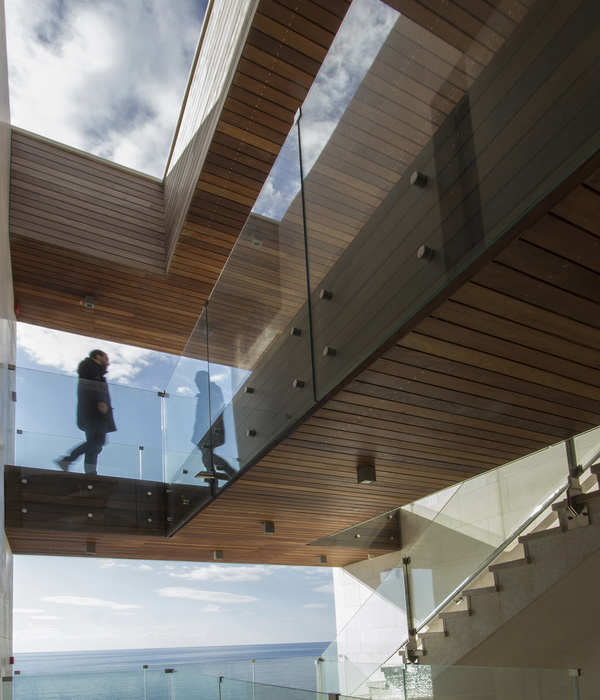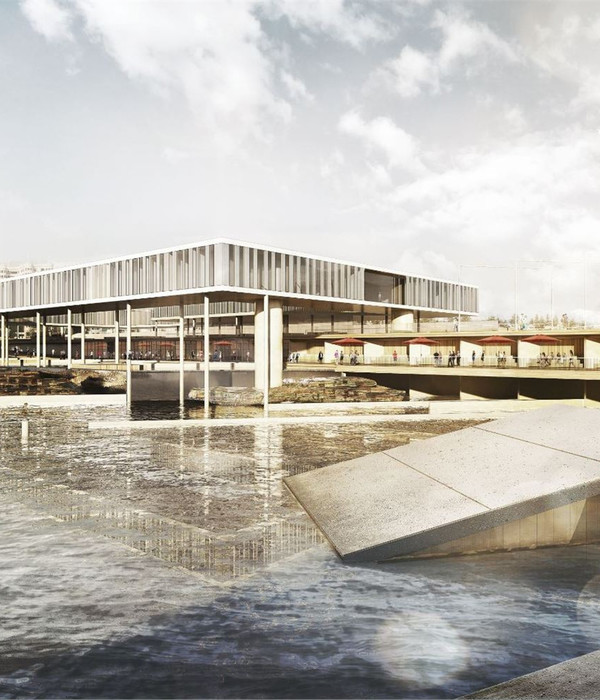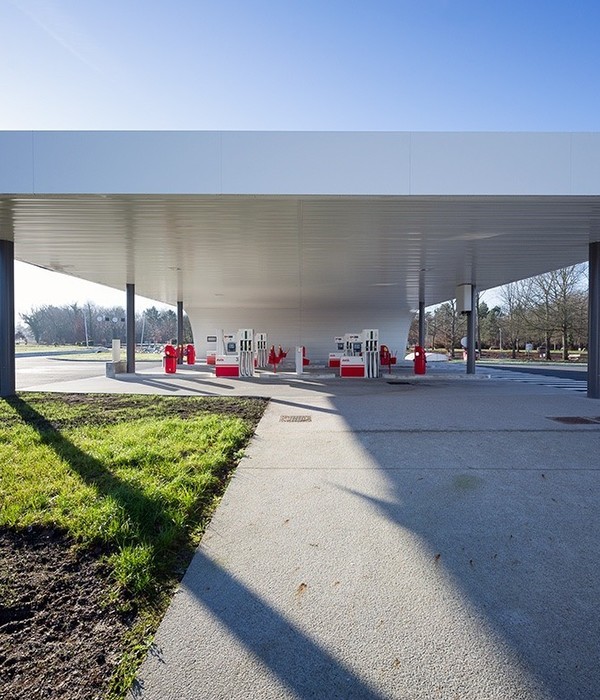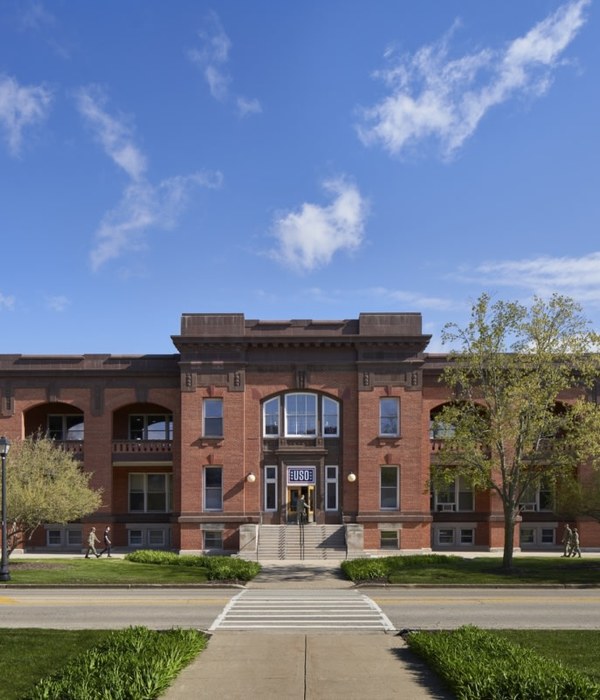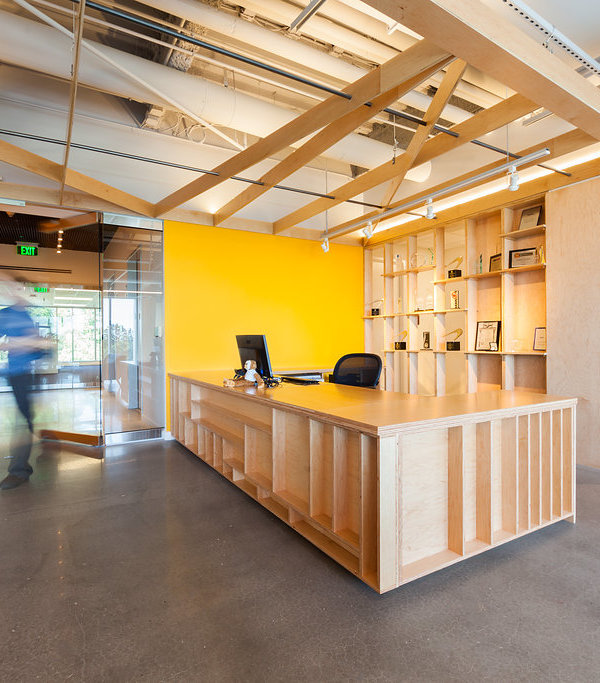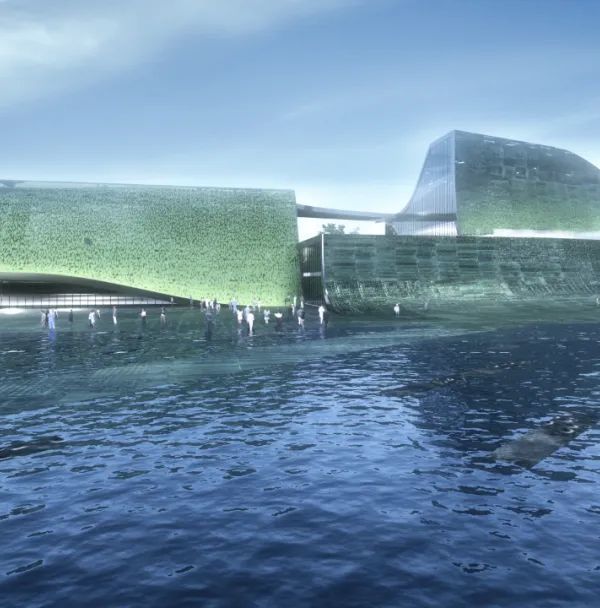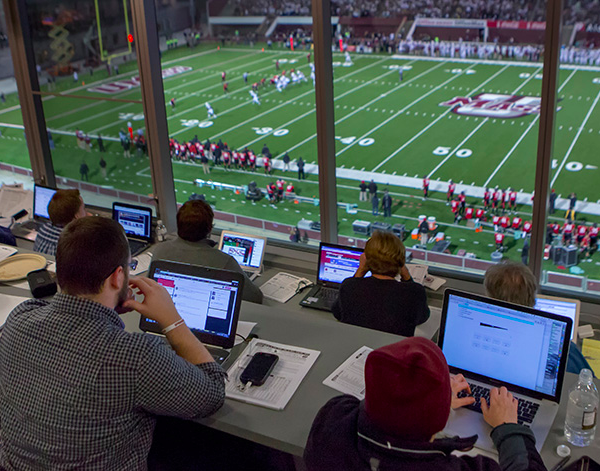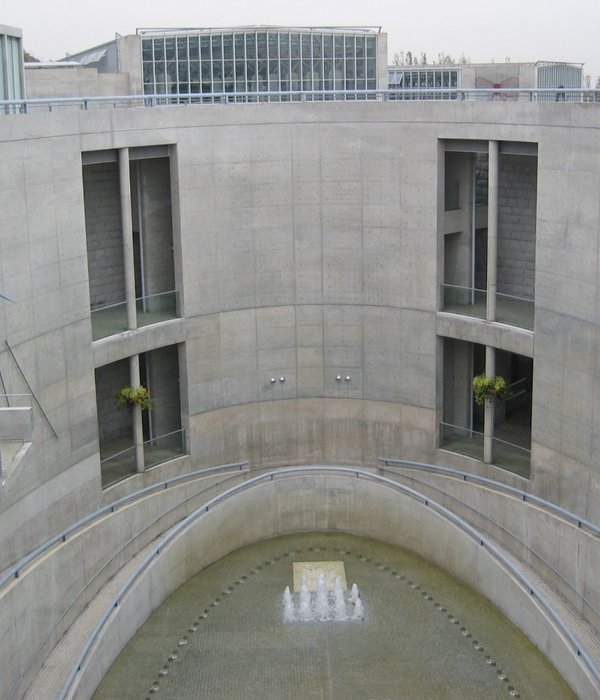Firm: Nex—
Type: Cultural › Pavilion Landscape + Planning › Public Park Waterway/Wetland Transport + Infrastructure › Bridge Marina and Ports
STATUS: Built
YEAR: 2020
SIZE: 10,000 sqft - 25,000 sqft
BUDGET: $5M - 10M
Forming part of Ballymore and Oxley’s Royal Wharf development in London’s Docks, Nex ‘s Pier is a new riverboat terminal incorporating a large floating public space – the first of its kind on the Thames.
The striking design delivers improved transport connections to Central London for locals and visitors, and offers distinctive public realm for all to enjoy the remarkable views of London.
This 130m long pier, the longest on the river, addresses the practical requirements of the Thames riverboat commuter service while providing a memorable new riverside public space for all to enjoy. Located a short walk from City Airport, the first span extends the riverside walk with a wide public promenade, which is accessible year-round.
Stretching into the Thames, this linear space is reminiscent of traditional seaside piers, framing long views towards the horizon. A large viewing platform offers a gathering place with seating that invites people to linger and admire views of the Thames through clear glass balustrades.
Descending the second brow, the floating pontoon offers a covered waiting area beneath a folded butterfly roof. A large glass façade reveals views down the river and an overview of incoming boats. The shelter offers ticketing facilities and integrated seating, providing warmth and protection from the elements. This space is also designed to accommodate local community events on the river, with generous tiered seating.
To minimise disruption to the neighbouring development and Thames traffic, the pier was made in the Netherlands using ship-building methods and delivered to London by barge. This enabled manufacture and completion of the project in 8 months, and on-site installation took only 5 weeks.
The pier was designed as a sustainable transport solution for London, making river travel more viable for the local community, reducing car use, easing congestion and improving air quality.
{{item.text_origin}}


